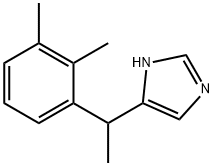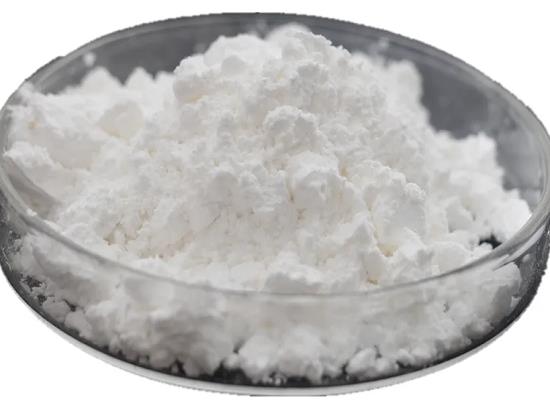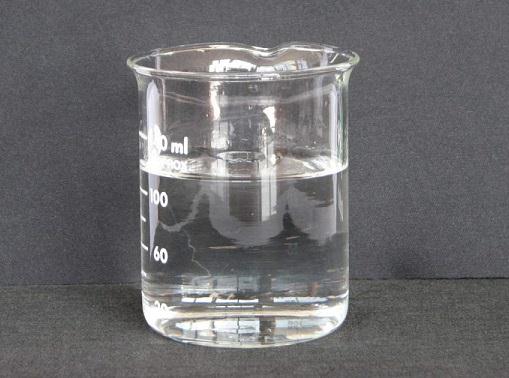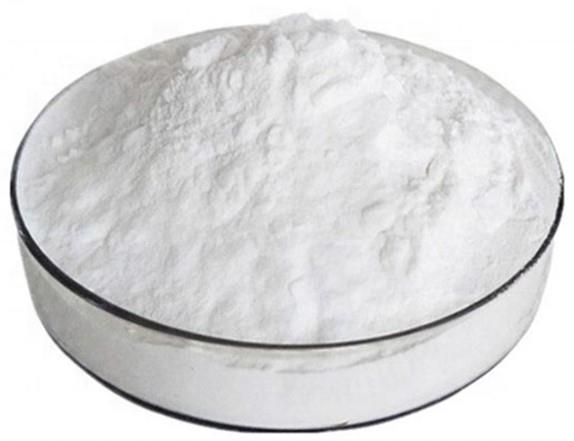Medetomidine:Clinical Pharmacology, Indications and Adverse Reactions
Domitor (medetomidine hydrochloride) is a synthetic alpha 2-adrenoreceptor agonist with sedative and analgesic properties. The chemical name is (±)-4-[1-(2,3-dimethylphenyl)ethyl]-1H-imidazole monohydrochloride. It is a white, or almost white, crystalline, watersoluble substance having a molecular weight of 236.7. The molecular formula is C13H16N2•HCl.
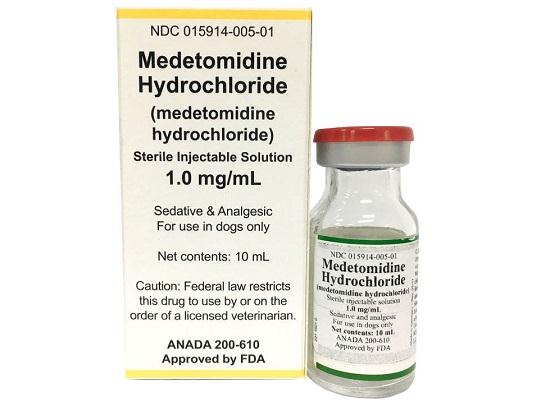
Clinical Pharmacology
Medetomidine is a potent non-narcotic alpha 2 -adrenoreceptor agonist which produces sedation and analgesia. These effects are dose dependent in depth and duration. Profound sedation and recumbency, with reduced sensitivity to environmental stimuli(sounds, etc.), are seen with medetomidine.
The pharmacological restraint and pain relief provided by medetomidine facilitates handling dogs and aids in the conduct of diagnostic or therapeutic procedures. It also facilitates minor surgical procedures (with or without local anesthesia) and dental care where intubation is not required. Spontaneous muscle contractions (twitching) can be expected in some dogs sedated with medetomidine. With medetomidine administration, blood pressure is initially increased due to peripheral vasoconstriction and thereafter drops to normal or slightly below normal levels.The initial vasopressor response is accompanied by a compensatory marked decrease in heart rate mediated by a vagal baroreceptor mechanism.
Indications
Domitor is indicated for use as a sedative and analgesic in dogs over 12 weeks of age to facilitate clinical examinations, clinical procedures, minor surgical procedures not
requiring muscle relaxation, and minor dental procedures where intubation is not required. The IV route of administration is more efficacious for dental care.
Warning
Keep out of reach of children. Not for human use. Medetomidine hydrochloride can be absorbed and may cause irritation following direct exposure to skin, eyes, or mouth. In case of accidental eye exposure, flush with water for 15 minutes. Incase of accidental skin exposure, wash with soap and water. Remove contaminated clothing. If irritation or other adverse reaction occurs (e.g., sedation, hypotension, bradycardia), seek medical attention. In case of accidental oral exposure or injection, seek medical attention. Precaution should be used while handling and using filled syringes.
Users with cardiovascular disease (e.g., hypertension or ischemic heart disease) should take special precautions to avoid any exposure to this product.
Adverse Reactions
As with all alpha 2 -agonists, the potential for isolated cases of hypersensitivity, including paradoxical response (excitation), exists. Incidents of prolonged sedation, bradycardia, cyanosis, vomiting, apnea, death from circulatory failure with severe congestion of lungs, liver, kidney and recurrence of sedation after initial recovery have been reported.
Side Effects
Bradycardia with occasional atrioventricular blocks will occur together with decreased respiratory rates. Body temperature is slightly or moderately decreased. Urination typically occurs during recovery at about 90 to 120 minutes posttreatment. In approximately 10% of treated dogs, occasional episodes of vomiting occur between 5 to 15 minutes posttreatment. An increase in blood glucose concentration is seen due to alpha2-adrenoreceptor-mediated inhibition of insulin secretion.
You may like
Related articles And Qustion
See also
Lastest Price from Medetomidine manufacturers
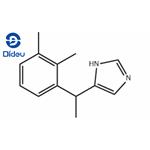
US $0.00-0.00/KG2025-11-24
- CAS:
- 86347-14-0
- Min. Order:
- 1KG
- Purity:
- 98
- Supply Ability:
- 10000KGS
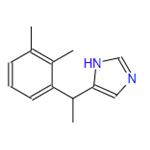
US $0.00-0.00/KG2025-10-10
- CAS:
- 86347-14-0
- Min. Order:
- 0.1KG
- Purity:
- 99%
- Supply Ability:
- 500KG
